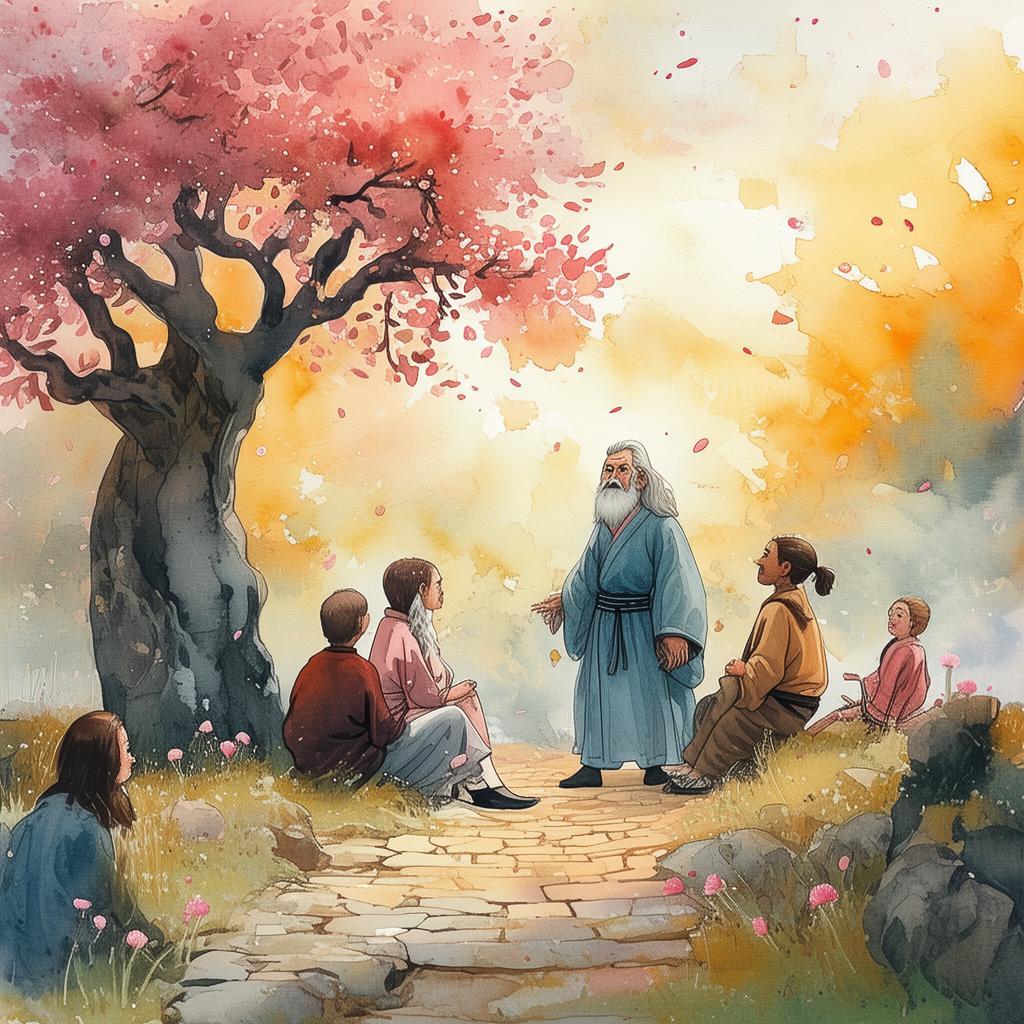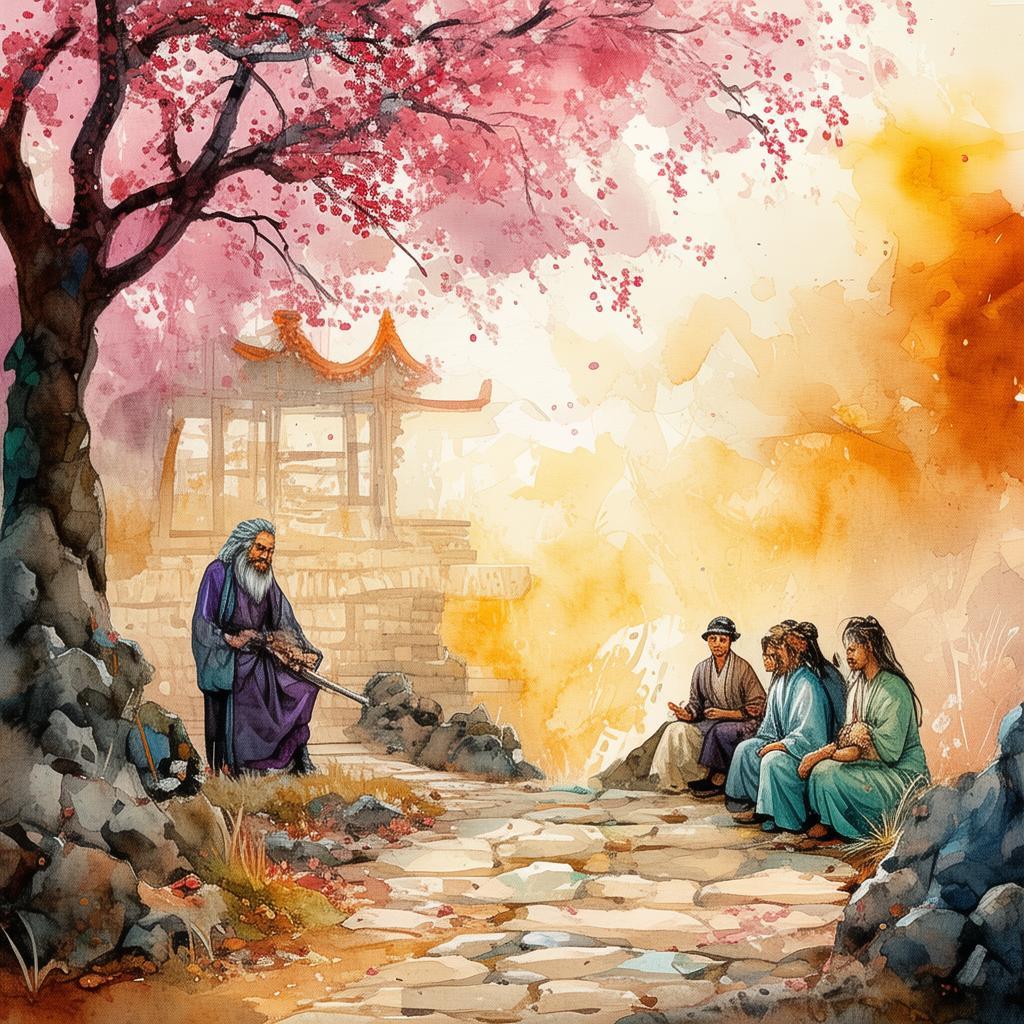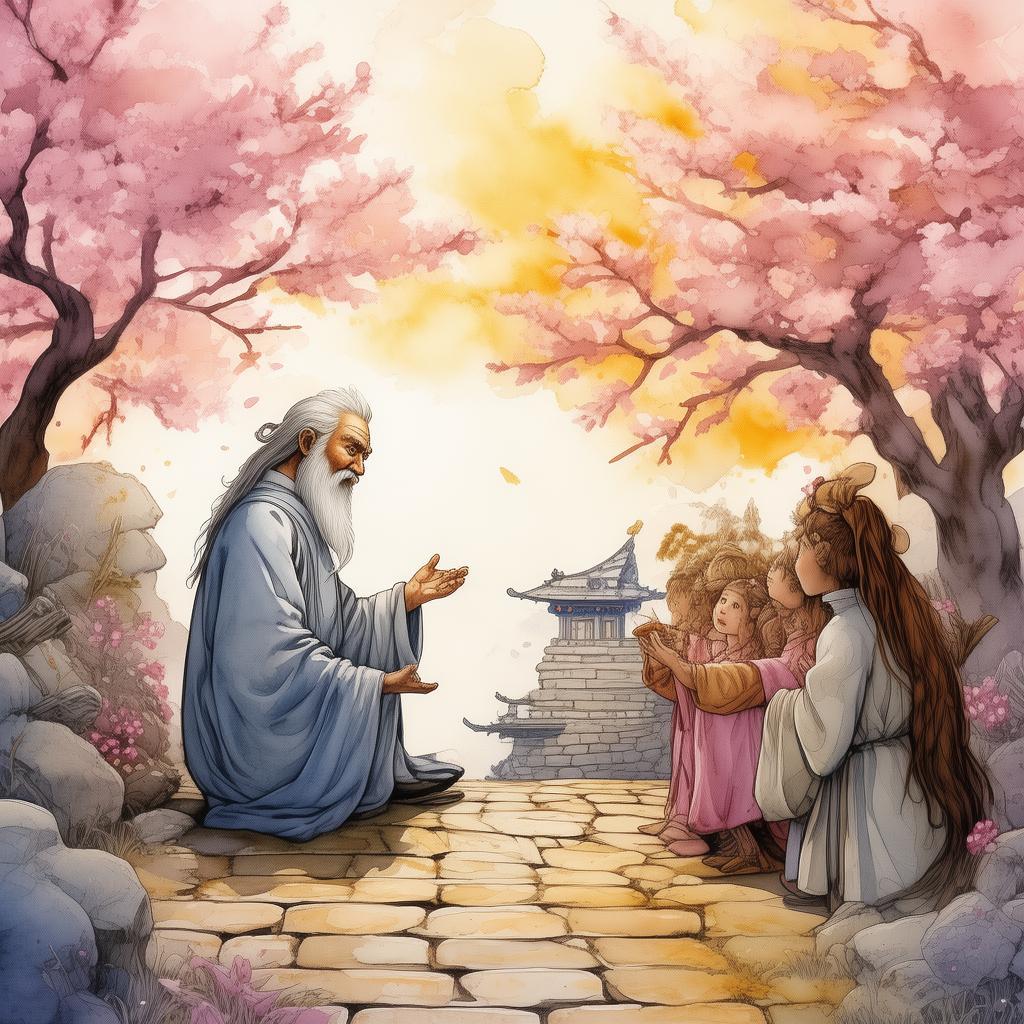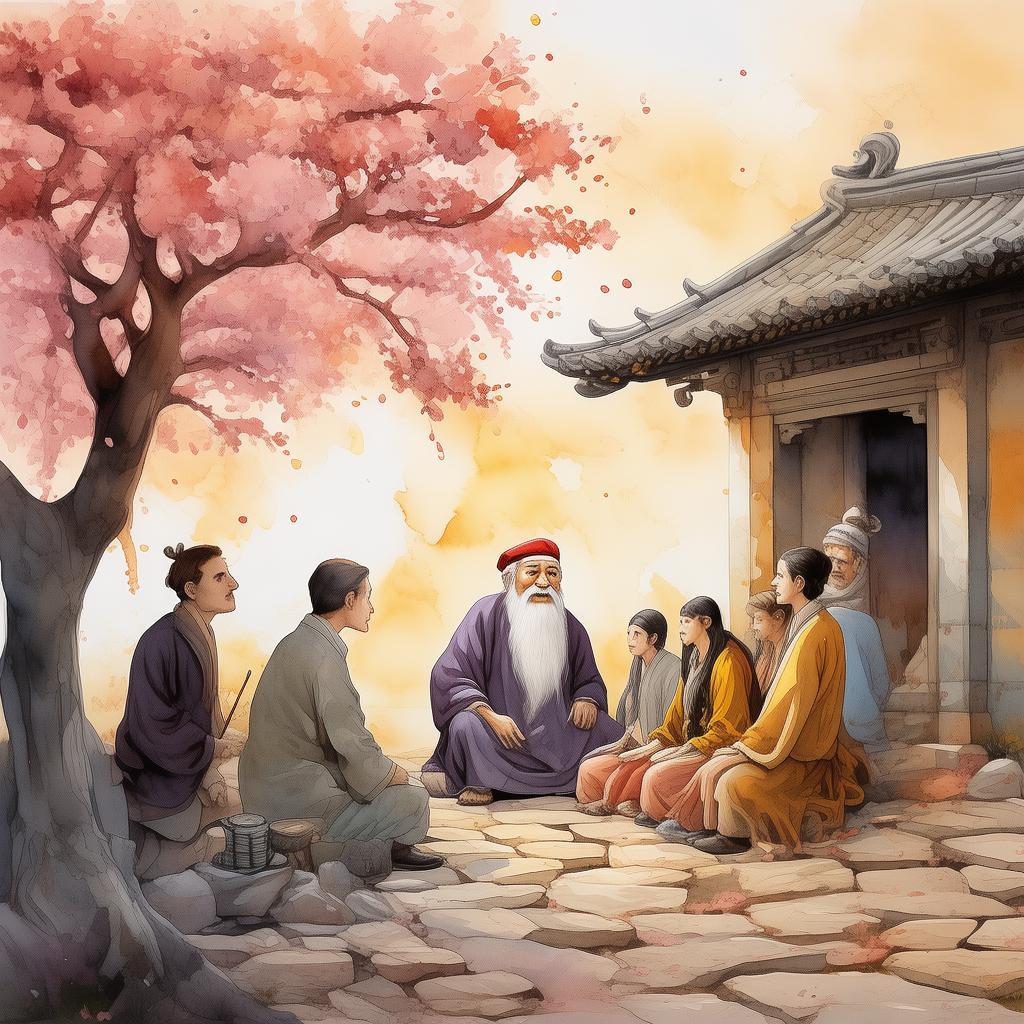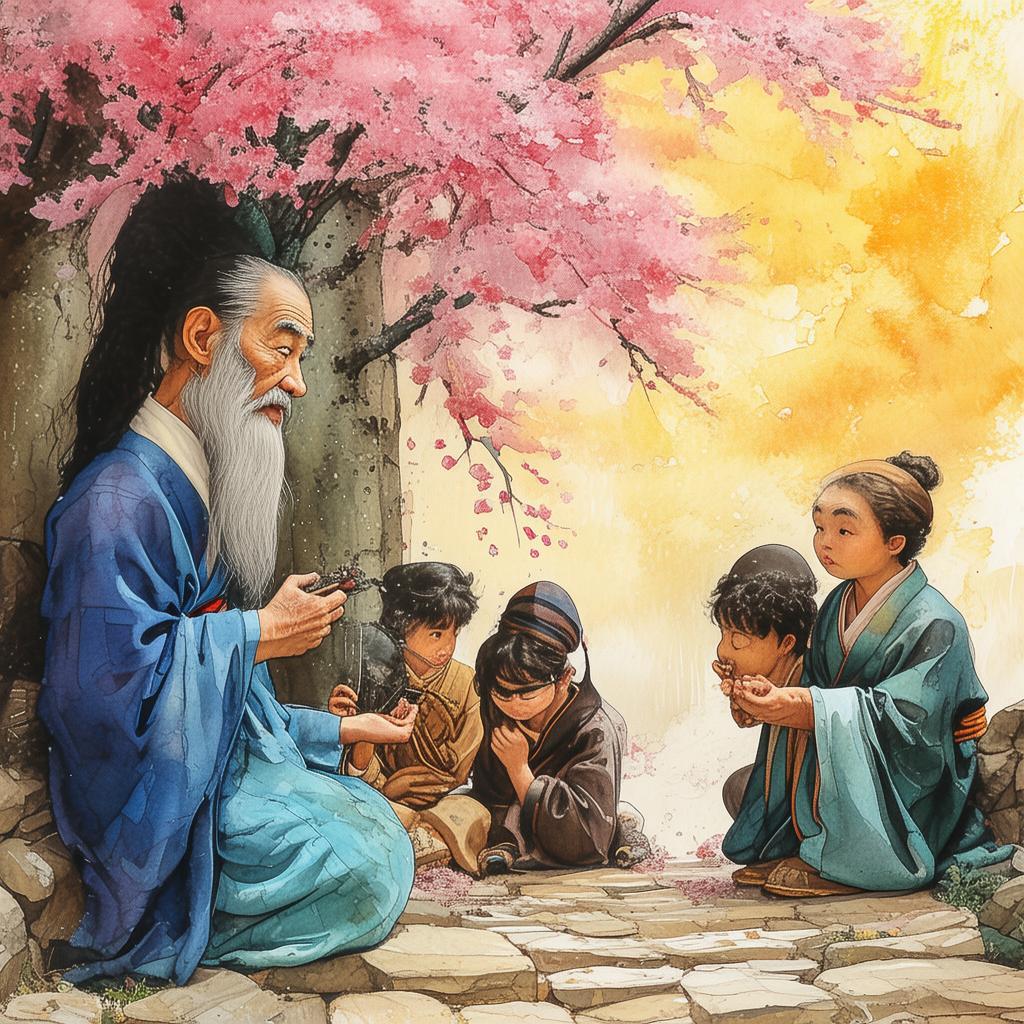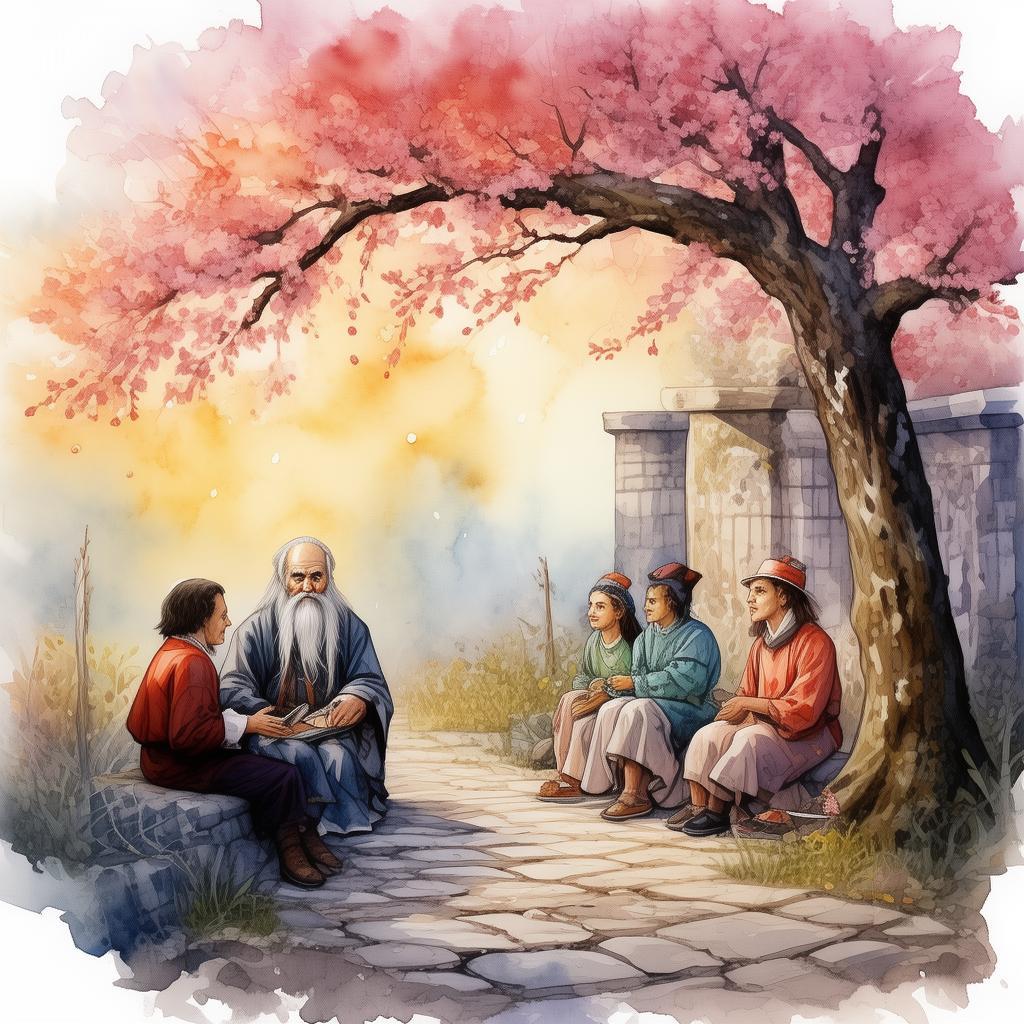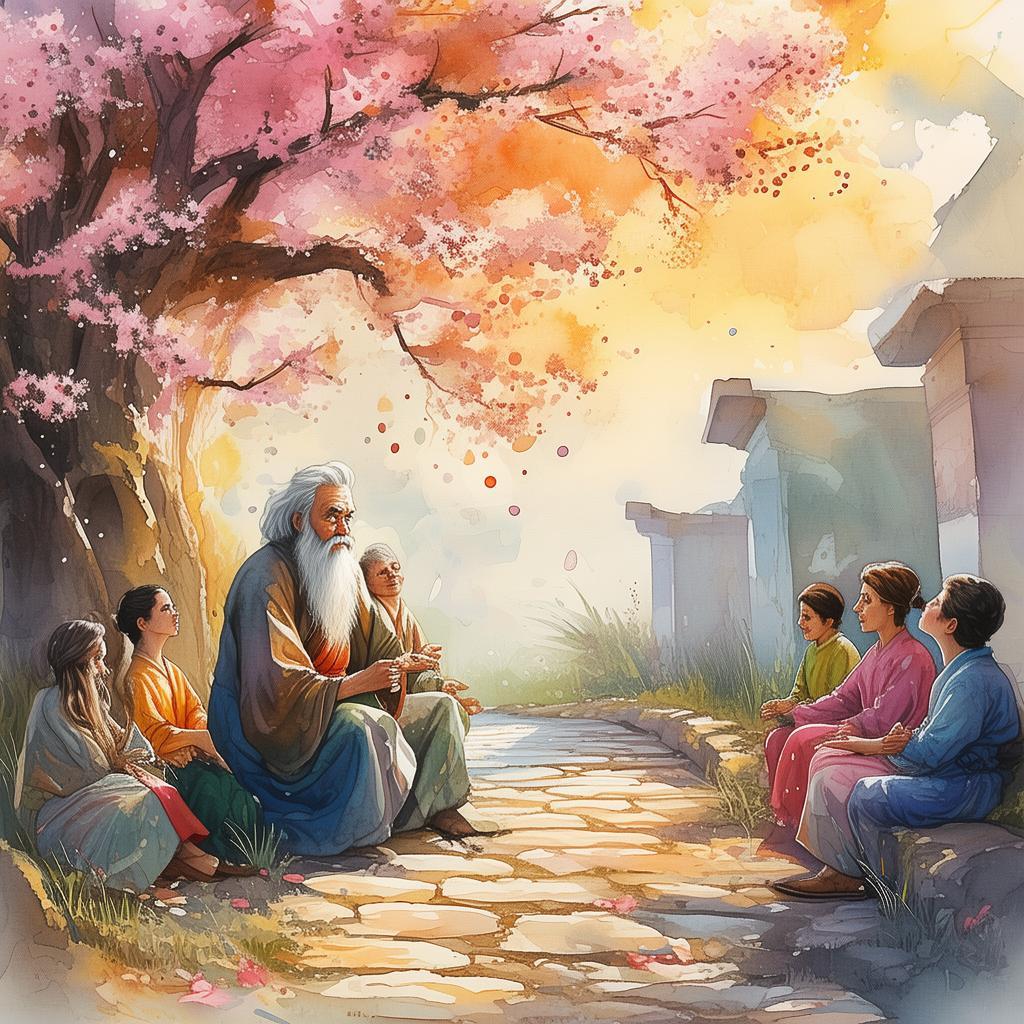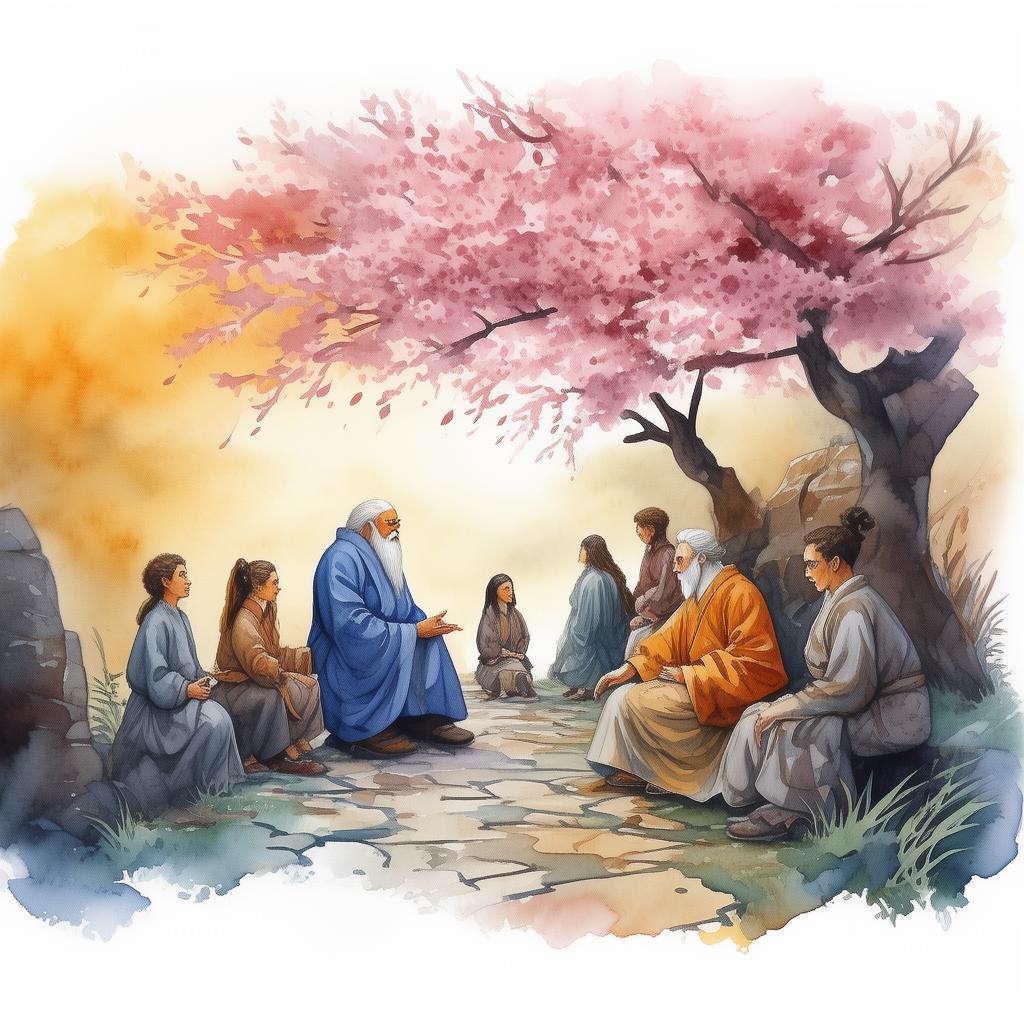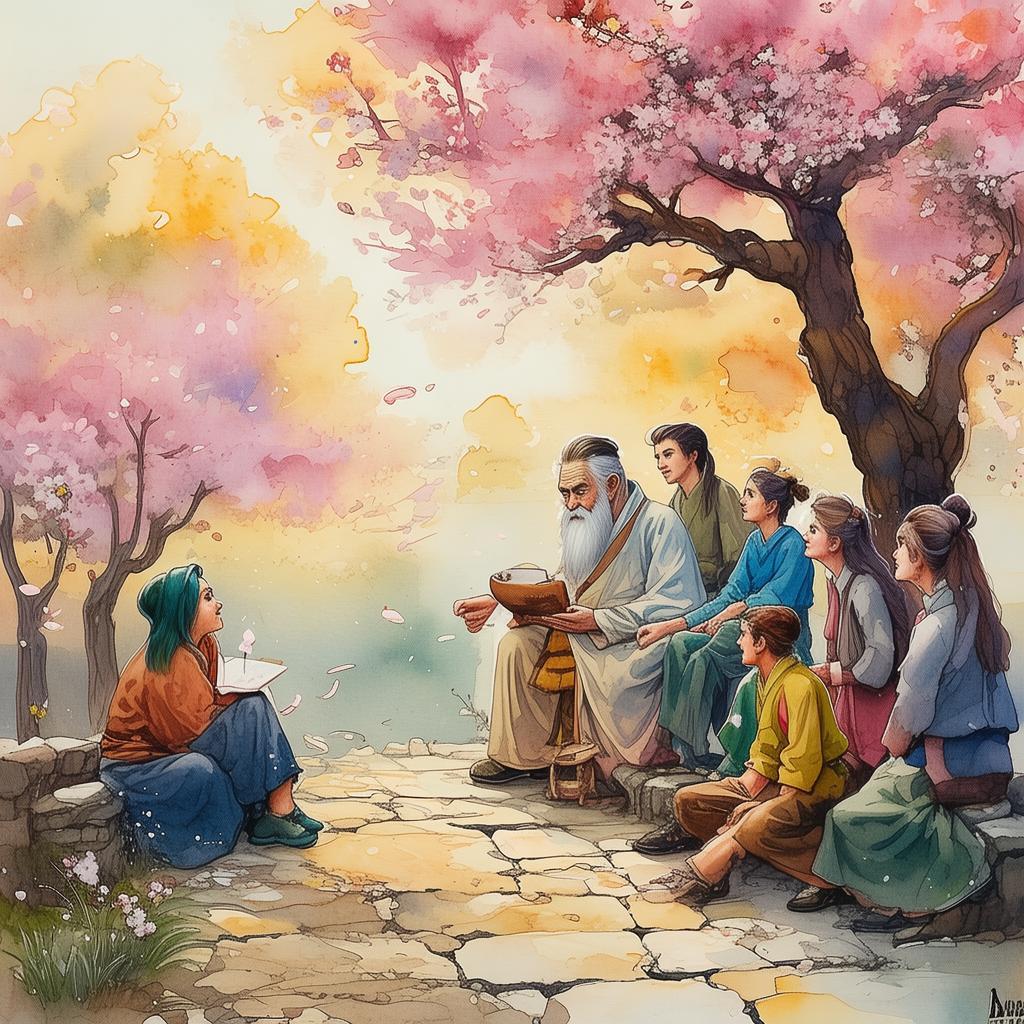The Cybernetic Courtyard: The Hacker's Haiku of Freedom
In the heart of the sprawling metropolis of Neo-Tokyo, a place where neon lights danced with the shadows of towering skyscrapers, there existed a courtyard unlike any other. Known only to the most tech-savvy and the most secretive, the Cybernetic Courtyard was a sanctuary for those who sought to break the chains of control imposed by the dominant corporation, OmniNet.
The courtyard was a marvel of engineering, a fusion of organic and metallic life. Here, humans and machines coexisted in a delicate balance, a testament to the ingenuity of those who dared to challenge the status quo. It was here that a legend was born—a legend about a hacker known only by the moniker "CyberHaiku."
CyberHaiku was no ordinary hacker. He was a master of the digital realm, a maestro of code and circuitry. His true name was Kaito, a man whose life had been consumed by OmniNet's insatiable hunger for power. Kaito had once been a loyal employee, a trusted developer, until he discovered the dark secrets of the corporation's agenda.
One fateful night, Kaito found himself in the Cybernetic Courtyard, surrounded by the glow of holographic displays and the hum of unseen machinery. It was here that he discovered a hidden terminal, a relic from a bygone era when individuality was celebrated over corporate dominance. On the terminal's screen, a cryptic message appeared:
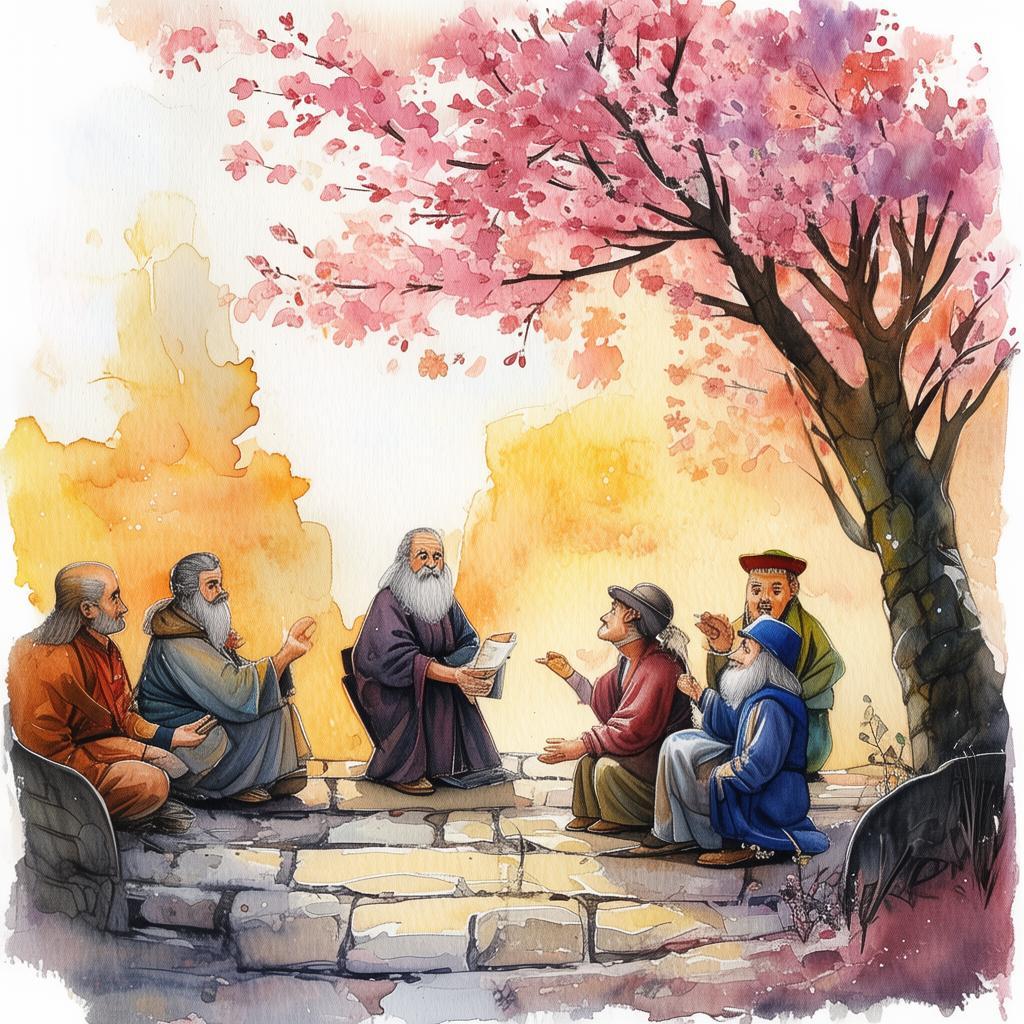
"Unlock the truth behind the courtyard with a haiku."
Kaito, driven by a mixture of curiosity and a burning desire for freedom, began to search for a haiku that would unlock the secrets of the Cybernetic Courtyard. He delved into the annals of poetry, searching for a phrase that would resonate with the spirit of the place.
After days of contemplation, Kaito found it. The haiku was simple, yet powerful:
"Clouds in the sky,
Dust in the air,
Freedom in the heart."
With the haiku entered, the terminal hummed to life, and a series of encrypted files began to download. These files contained the blueprint of OmniNet's most dangerous project, a project that could turn the city into a surveillance state, leaving no room for privacy or freedom.
Kaito knew that he had to act quickly. He gathered a small group of like-minded individuals, each with their own expertise in technology and activism. Together, they planned to release the files to the public, to reveal the truth to the world.
As they prepared to upload the files, OmniNet's security systems were activated. The corporation's elite cybernetic enforcers, known as the NetGuardians, began to close in on the group. A high-stakes game of cat and mouse ensued, with the fate of freedom hanging in the balance.
In the midst of the chaos, Kaito found himself face-to-face with the CEO of OmniNet, a man whose eyes held the cold, calculating gaze of a predator. The CEO, with a voice as smooth as velvet, offered Kaito a deal: he could go free, but he would have to work for the corporation for the rest of his life.
Kaito, with the spirit of the Cybernetic Courtyard burning in his heart, refused the offer. "Freedom is not for sale," he declared, his voice steady and resolute. "I will fight for it until my last breath."
The confrontation escalated into a climactic battle, with Kaito and his allies using their wits and courage to outmaneuver the NetGuardians. In the end, it was a simple, elegant hack that brought OmniNet's systems to a standstill, allowing the truth to be revealed to the world.
The Cybernetic Courtyard became a symbol of resistance, a place where those who dared to challenge the establishment could find solace and strength. And Kaito, the hacker whose haiku had sparked a revolution, became a legend, a beacon of hope in a world that needed it most.
The story of the Cybernetic Courtyard and the Hacker's Haiku of Freedom spread like wildfire, inspiring a new generation to stand up against the oppressive forces that sought to control their lives. In the end, it was the power of the collective spirit, the unwavering belief in the human capacity for freedom, that triumphed.
✨ Original Statement ✨
All articles published on this website (including but not limited to text, images, videos, and other content) are original or authorized for reposting and are protected by relevant laws. Without the explicit written permission of this website, no individual or organization may copy, modify, repost, or use the content for commercial purposes.
If you need to quote or cooperate, please contact this site for authorization. We reserve the right to pursue legal responsibility for any unauthorized use.
Hereby declared.
